Life
Sign up for our newsletter
We summarize the week's scientific breakthroughs every Thursday.
-
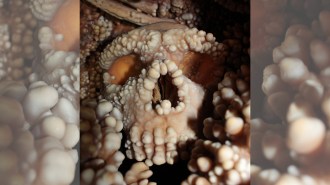 Anthropology
AnthropologyBig Neandertal noses weren’t made for cold
Tiny cameras threaded inside a Neandertal skull provide evidence that their big noses were not an adaptation to cold climates.
By Tom Metcalfe -
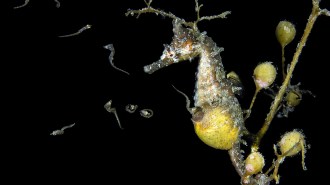 Animals
AnimalsHow male seahorses tap into their mothering side
By studying the genes responsible for the seahorse’s brood pouch, researchers uncovered a new route to “motherhood.”
-
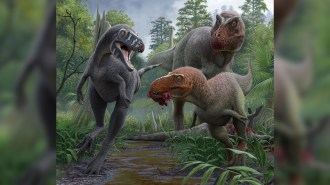 Paleontology
PaleontologyNanotyrannus is still not a teenage T. rex
Nanotyrannus wasn’t a juvenile T. rex but a petite adult of a separate species, a new study of fossil hyoid bones finds, bolstering a recent report.
-
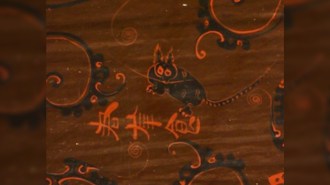 Animals
AnimalsAncient DNA reveals China’s first ‘pet’ cat wasn’t the house cat
The modern house cat reached China in the 7th century. Before that, another cat — the leopard cat — hunted the rodents in ancient Chinese settlements.
-
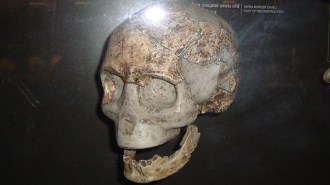 Humans
HumansAncient southern Africans took genetic evolution in a new direction
An ancient, shared set of human-specific genes underwent changes in a geographically isolated population after around 300,000 years ago, scientists say.
By Bruce Bower -
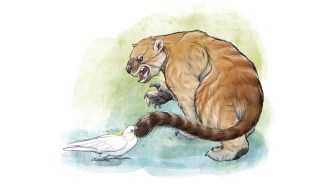 Animals
AnimalsCuddly koalas had a brutal, blade-toothed close cousin
Ancient collagen preserved in the bones of extinct Australian mammals is revealing their evolutionary relationships, leading to some surprises.
By Jake Buehler -
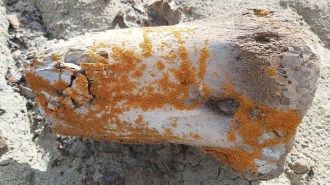 Paleontology
PaleontologyThis bright orange life-form could point to new dino discoveries
Colorful lichen living on dinosaur bones reflect infrared light that can be detected by drones, which might lead to finds in remote areas.
-
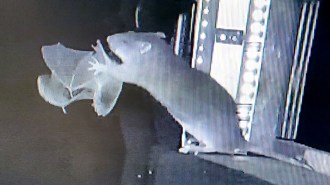 Life
LifeRats are snatching bats out of the air and eating them
The grisly infrared camera footage records a never-before-seen hunting tactic. It may have implications for bat conservation.
-
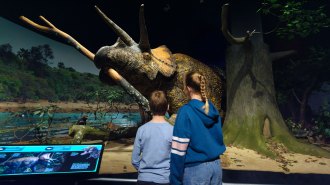 Life
LifeA new dinosaur doomsday exhibit showcases survival after destruction
The American Museum of Natural History’s “Impact: The End of the Age of the Dinosaurs” examines how an asteroid impact shaped life as we know it.
-
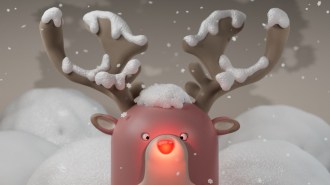 Physics
PhysicsHere’s how Rudolph’s light-up nose might be possible
Simple chemistry could give the reindeer his famously bright snout. But physics would make it look different colors from the ground.
-
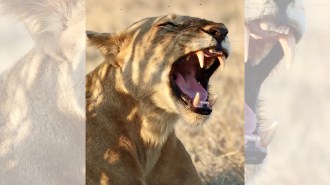 Animals
AnimalsLions have a second roar that no one noticed until now
A machine learning analysis of wild lion audio reveals they have two roar types, not one. This insight might help detect where lions are declining.
By Elie Dolgin -
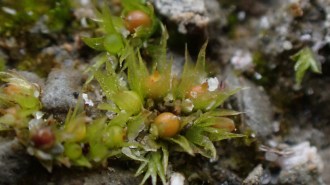 Plants
PlantsMoss spores survived in space for 9 months
The moss species Physcomitrium patens is the latest organism to survive an extended stay in the vacuum and radiation of space.
By Jay Bennett